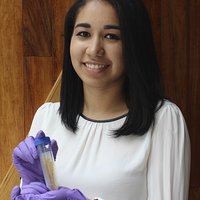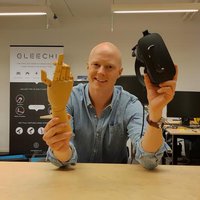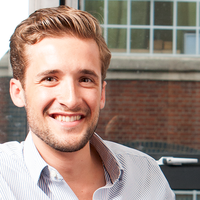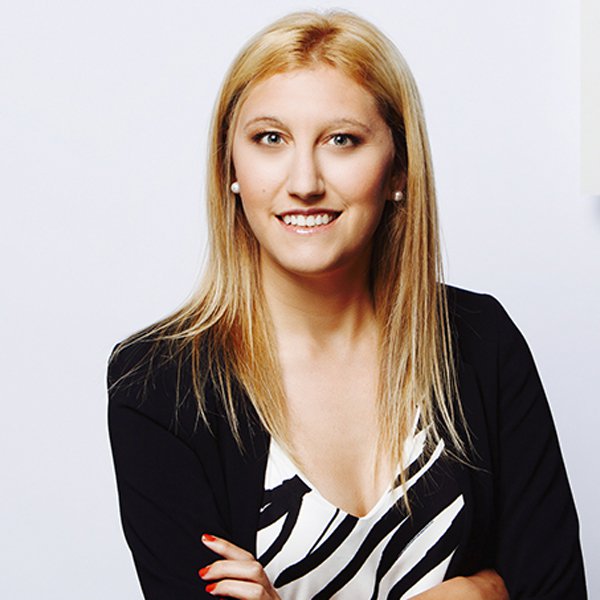One in five people aged 15-49 are
infected with HIV in South Africa, which is the highest rate in the world. The
chances of contracting AIDS are therefore high. A correct, timely diagnosis is
necessary, not only to start treatment which can prolong the life expectancy of
the infected person, but also to forewarn those people that may come into
contact with their fluids of the risks involved, so that they can then take
appropriate prophylactic measures. Adequate managerial epidemiology requires
periodic diagnostic screening campaigns of the general population or, at least,
easy access to said tests when necessary. In an impoverished environment, both
situations are problematic.
Agustina Fainguersch tries to solve this problem with Muzi, a platform that
consists of low-cost diagnostic kits, mobile phones and an incentive program.
The use of this combination means people can get tested without having to make
long journeys, and nor do they fall victim to social stigma. For this initiative,
Fainguersch has been selected as one of the winners of Innovators Under 35
Latin America 2017 by the MIT Technology Review, Spanish edition.
Muzi came about from Fainguersch’s time at Singularity University (USA), where
the Argentine computer engineer met her future business partner, a South
African doctor. The young woman explains how both of them shared the same goal:
"to solve diagnostic problems with technology". The idea they came up
with is simple: take advantage of the portability offered by smartphone
technology to get HIV diagnosis out of centralized clinics.
Using the Muzi app the diagnostician enters the phone number of the person
being diagnosed and the code of the test that they will perform. The person
undergoing the test receives a message on their mobile, which they have to
answer to give consent and confirmation that the test has been done. The
diagnostician then performs the test, which is commercially available, and the
app reads the result, without allowing either party access to the result at
that moment. The information is only given to the user privately, in order to
protect their privacy.
Fainguersch and her partner are continuing to refine the product based on
feedback from their pilot trials as well as from investors and organizations
interested in using the app. The young woman explains: "Today we carried
out trials which will lead to partnerships with clinics, whose technicians are
the ones who go out on the streets to make the diagnoses." She hopes that
the next step is to make the technology available to the public, so that,
through an incentive system, the number of staff dedicated to this cause can
increase exponentially and reach the entire population. She is also planning to
expand the range of diagnosable diseases. Fainguersch explains: "We are in
talks with a medical group which is very interested in implementing it for
hepatitis C".
Finance and strategy senior advisor, angel investor and partner at Calligram,
Paloma Cabello, sees this project as "really innovative, intelligent and
inventive." The Innovators Under 35 Latin America 2017 jury member
highlights above all the potentially great social impact that it can have.




